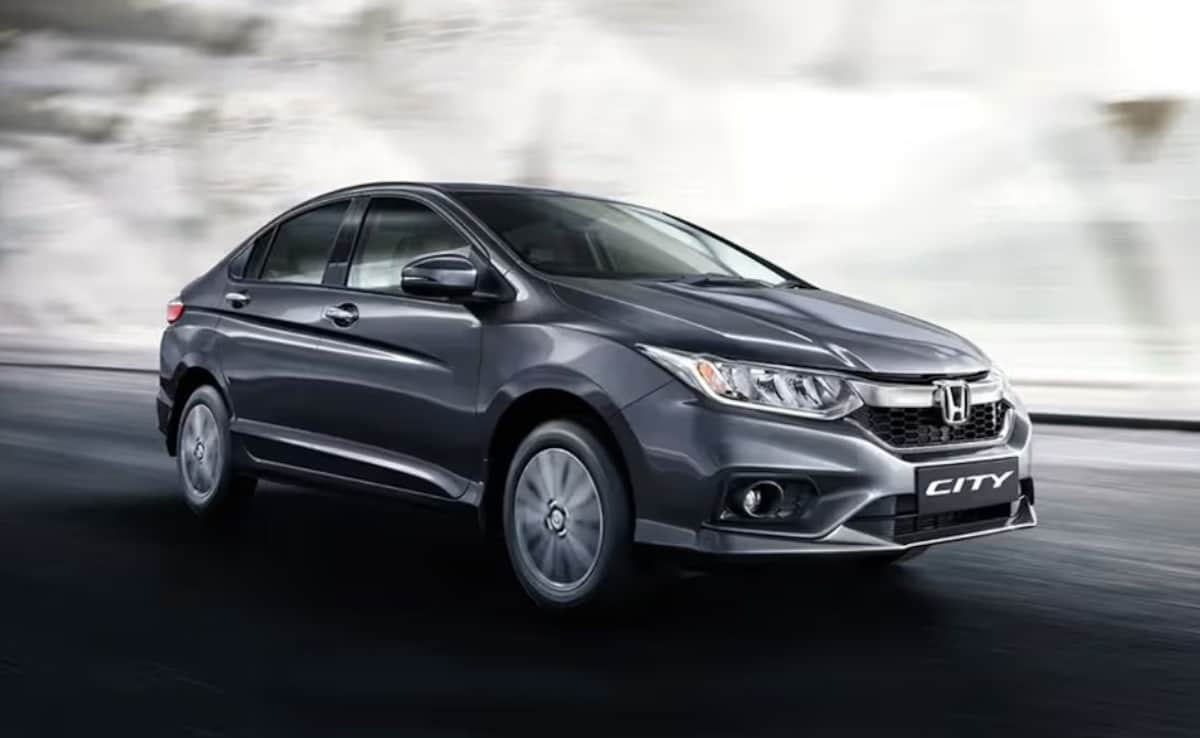Honda Motor goals to double the driving vary of electrical automobiles (EVs) by late 2020s utilizing all-solid-state battery know-how. Keiji Otsu, President of Honda R&D, introduced this info at a press convention in Tochigi, Japan. The modern battery know-how guarantees vital developments in EV effectivity, security, and cost-effectiveness. A pilot manufacturing line for these batteries, set to start operations in January 2025, is beneath growth in Tochigi, backed by a £277 million funding, virtually half of which is funded by authorities subsidies.
Pilot Facility and Targets
The Tochigi facility, described as a vital step in direction of mass manufacturing, will concentrate on refining battery manufacturing processes. Honda targets a 50 p.c discount in battery dimension, a 35 p.c weight discount, and a 25 p.c value lower over the subsequent 5 years. These enhancements align with Honda’s broader technique of manufacturing over two million electrical automobiles yearly by 2030 whereas reaching a whole transition to electrical and fuel-cell automobiles by 2040.
Strong-State Battery Potential
Strong-state batteries are anticipated to switch standard liquid-state lithium-ion batteries. They promise longer vary, sooner charging, and improved sturdiness. Honda tasks a possible 2.5-fold improve in driving vary by the 2040s, marking a shift in EV capabilities. In response to Otsu, this know-how addresses long-standing challenges in battery efficiency and reliability, signalling a shift within the automotive trade.
Trade Context and Collaboration
Honda’s announcement comes amidst intense competitors within the growth of solid-state batteries. Nissan Motor can also be engaged on the same know-how, with plans to launch a pilot line in March 2025. Honda has hinted at attainable collaborations in materials procurement and know-how sharing. Toyota Motor is one other key participant on this house, concentrating on commercialisation by 2027–28.

